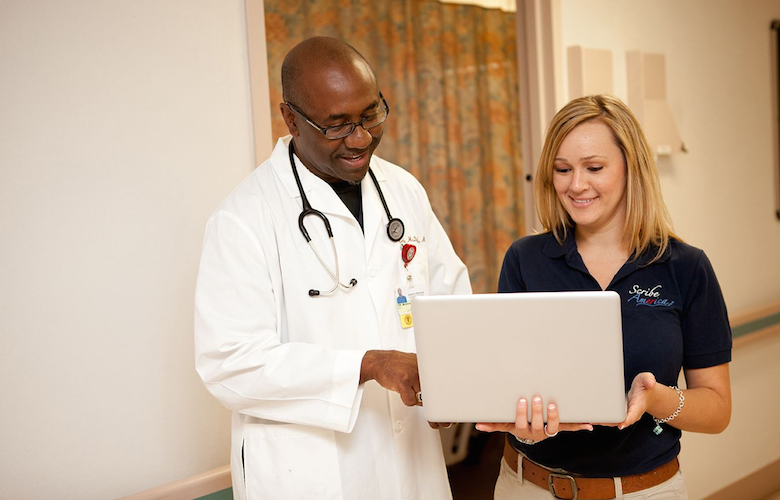Emergency medicine is a complex and ever-changing field. It requires healthcare professionals to stay abreast of the latest developments, treatments, and technologies in order to provide the best patient care possible.
As such, training future emergency medicine doctors requires an effective and comprehensive curriculum that will prepare them for any eventuality they may face in their professional lives, says Dr Michael Hilton.
Understanding the Needs of Future Doctors
When developing a curriculum for training future emergency medicine doctors, it is important to understand their needs. This means taking into account the range of medical emergencies they may encounter and the skills they will need to respond effectively.
From basic life support techniques to advanced treatments like defibrillation and intubation, every aspect of emergency medicine should be included in your curriculum so that students are fully prepared for any situation they may face during their professional careers.
Creating an Actionable Plan
Once you have identified the educational needs of your students, it is important to create an actionable plan for delivering this training. This includes deciding on what topics should be covered and how often the classes should take place.
Additionally, Dr Michael Hilton consider incorporating hands-on learning opportunities such as simulations or practice drills so that students can get real-world experience with treating medical emergencies before they enter professional practice.
Conclusion:
Developing a strategic curriculum for training future emergency medicine doctors is essential for ensuring that these professionals are equipped with the knowledge and skills needed to respond effectively to any medical emergency they may encounter in their professional lives.
By understanding their needs, creating an actionable plan, and incorporating hands-on learning opportunities into your lessons, you can ensure that your students receive a comprehensive education in all aspects of emergency medicine.
With this solid foundation, your students will be well-prepared to deliver quality care when faced with life-threatening situations on the job.



